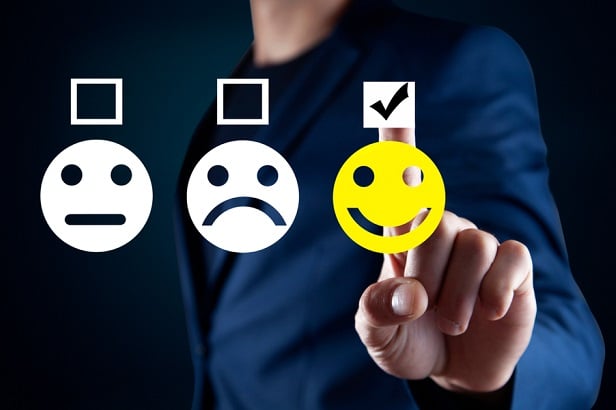(Bloomberg) -- David Haas doesn't like to give out his Social Security number. He fends off all the requests he can, from doctors, credit card companies, the bureaucracy at large. In the end, it was summer camp that got him.
"If the camp refuses your child because you won't divulge your Social Security number, you end up giving in," said the Franklin Lakes, N.J., financial planner. Haas kind of caved to his daughter's school, too.
Don't be too hard on him. It is the number that rules us all.
Recommended For You
Complete your profile to continue reading and get FREE access to BenefitsPRO, part of your ALM digital membership.
Your access to unlimited BenefitsPRO content isn’t changing.
Once you are an ALM digital member, you’ll receive:
- Breaking benefits news and analysis, on-site and via our newsletters and custom alerts
- Educational webcasts, white papers, and ebooks from industry thought leaders
- Critical converage of the property casualty insurance and financial advisory markets on our other ALM sites, PropertyCasualty360 and ThinkAdvisor
Already have an account? Sign In Now
© 2025 ALM Global, LLC, All Rights Reserved. Request academic re-use from www.copyright.com. All other uses, submit a request to [email protected]. For more information visit Asset & Logo Licensing.








